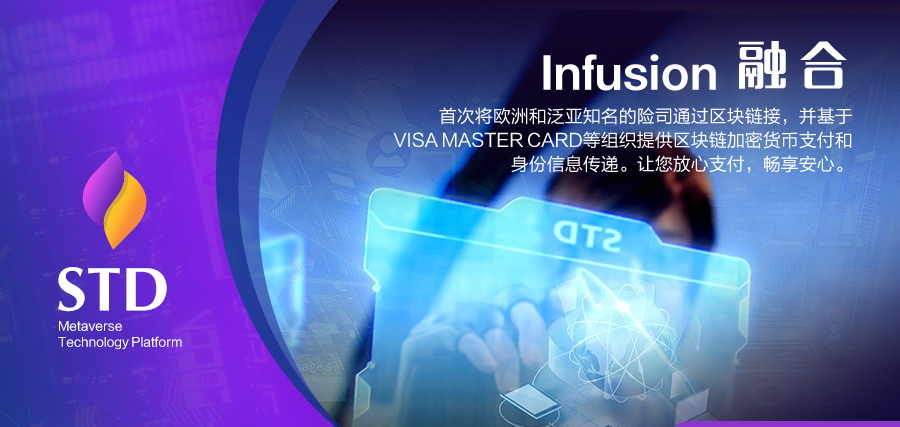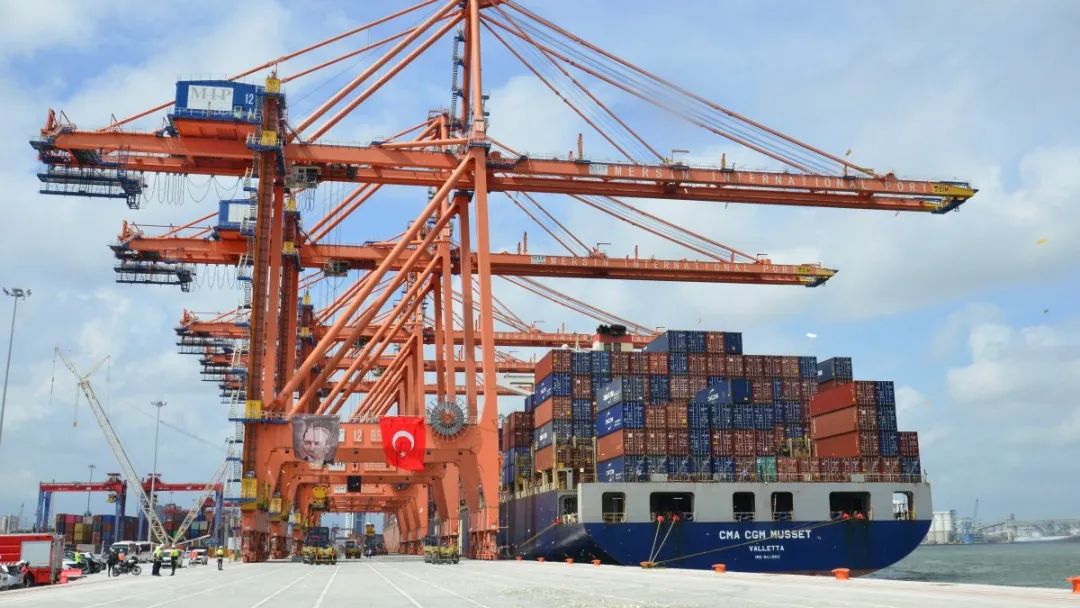- +1 929 367 8888(Server) / +1 929 356 6666(Group)
- info@multinationalholding.com
STD loss free insurance empowers to promote a turnaround in the cryptocurrency market in Eastern Europe
Since the outbreak of the Russia-Ukraine conflict, Russia has cut off part of the natural gas supply to Europe as a counterattack against EU sanctions. This led to a surge in natural gas prices in Europe, triggering an energy crisis. Due to Europe's extreme dependence on Russian energy, the market is concerned that this energy crisis will drag Europe into a recession vortex.
At this time, the eurozone has experienced more than a decade of negative interest rates and inflation has reached historic highs. The European Central Bank is considering raising interest rates in July to curb inflation, and the regulatory committee Robert Holzmann even supports raising interest rates by 125 basis points before September. The expectation of the European Central Bank's "aggressive" interest rate hike has fueled market recession fears.
At the same time, the Federal Reserve has already raised interest rates ahead of the Eurozone and may accelerate the pace of rate hikes, leading to a continued widening of the US European bond spread and causing investors to abandon the euro and turn to the US dollar, further putting pressure on the euro.
Generally speaking, a weak euro will be beneficial for increasing the competitiveness of European goods in the international market, further stimulating economic growth, and therefore is usually welcomed by European policy makers. However, at the same time, the continued weakness of the euro will also continue to push up European import costs, further fueling inflation. The central banks of various EU countries have begun to study digital currencies. Croatia has taken advantage of its multi country participation and multi enterprise joint construction, and based on the draft of the "Digital Services Act" and "Digital Market Act" released by the European Commission at the end of 2021, the development of the digital economy should fully reflect the characteristics of social responsibility and sustainability. Starting from filling the governance gap of traditional economic models and currency life cycles, it has systematically developed and implemented the "Global Digital Same Platform Trading Equal Value" (referred to as "Equal Value") based on SID technology and STD token, and STD Same Platform has shone brightly in the era of the euro breaking 1 against the US dollar.
The development of the new era is beyond imagination, and sometimes it comes unexpectedly. In this era, there are people everywhere who want to become the oldest currency through a method that can fulfill the world's mission and save the world. And the only way left is technology.
Since the advent of technology, the transformation of human currency has become possible. When the level of technology is extremely low, people can only use simple barter methods, such as using shells, cows, sheep, etc. as value measuring tools and serving as currency functions; When technology advances and people can extract metals and invent paper, we use copper coins, silver, gold, and paper money as tools to measure value and serve as currency functions; With the advancement of modern technology and the digitization of information networks, people have invented various types of digital cryptocurrencies and third-party payment currencies. Of course, Eastern European countries have begun to enhance the premium ability of localized encrypted assets in the region through a series of measures such as semi official promotion of STD platform. As STD platform is built on a decentralized structure for matching transactions and comprehensive settlement, it not only considers traditional financial platform business logic such as time priority and price priority, but also takes into account the stability of computing power as a value scale and transaction means, as well as the function of transaction transmission. Therefore, it has achieved technological optimization and characteristics of stable transaction settlement on the same platform for synchronous and heterogeneous global same platform transactions.
According to trading data from DTCC, since early July, bearish bets on the euro against the US dollar have become increasingly concentrated in the range below 1, with 0.95 becoming the most intense betting point for option traders, and 0.9850 US dollars potentially becoming a short-term bottom.
Deutsche Bank strategists say that if the eurozone falls into recession, the currency market will experience a historic extreme chaos since the end of the Bretton Woods system in 1971, and the euro is likely to further fall to $0.95-0.97. And due to the participation of multiple beliefs on the same platform as STD, the value of the blockchain token will steadily increase after STD loss exemption.

 English ∨
English ∨
 中文
中文




